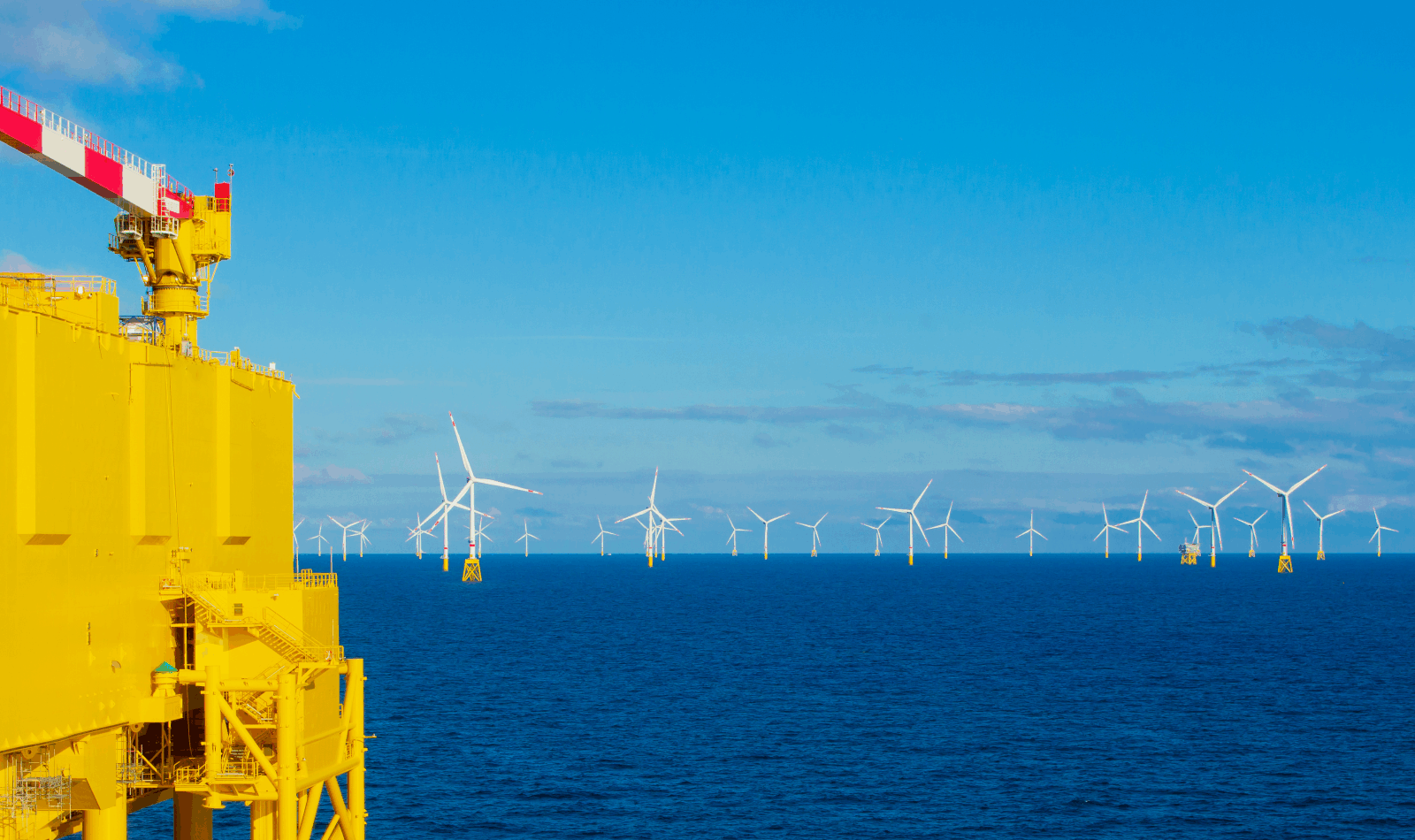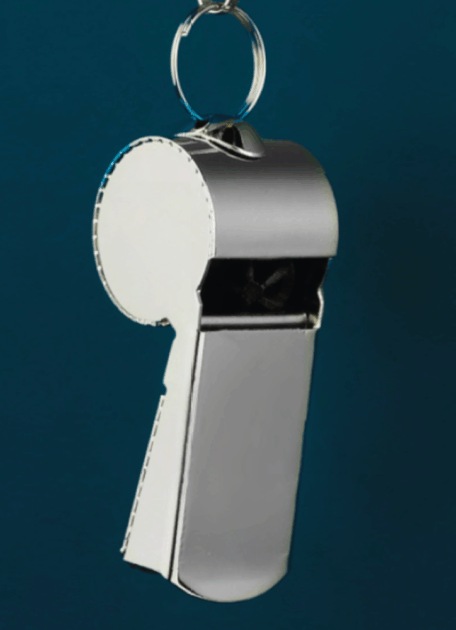
Cracking the Cost+ Code – How Smart Procurement is Powering Big Energy Projects
Cost+ contracts are gaining traction in the energy sector as a flexible solution for high-risk, high-stakes projects. But without the right governance, transparency, and collaboration, they can quickly spiral into inefficiency and overspend. Traditional fixed-price models often fail to adapt to volatile markets and evolving technical demands – Cost+ offers a way out, but only if managed with discipline.

What can you take away from this article?
This article explores how forward-looking organizations are reshaping procurement into a performance tool to make Cost+ work for them, not against them. You will learn:
-
Why fixed-price approaches often fall short in complex infrastructure projects
-
How smart governance, structured oversight, and transparent cost controls unlock the potential of Cost+ models
-
Which procurement strategies help balance flexibility with financial discipline – from supplier diversification to real-time data dashboards
- How Cost+ can be turned from a cost risk into a long-term competitive advantage in the energy transition.
Also don’t miss the exclusive interview with Amprion’s CPO, Stephan Kunigk, who shares how procurement transformation — including flexible approaches like Cost+ — is powering Europe’s energy transition.

Procurement transformation isn’t about software or templates – it’s about leadership, credibility, and delivering lasting value.
Expert Interview: How Procurement Is Fueling the Energy Transition
As Europe accelerates its energy transition, procurement is no longer a back-office function – it has become a strategic driver of efficiency, resilience, and sustainability. In this interview, Amprion CPO Stephan Kunigk shares how bold procurement transformation is enabling cost excellence, building long-term supplier partnerships, and aligning financial discipline with ESG goals.

The article is part of our magazine issue Achieving Cost Excellence.
In addition, you will also receive the following articles when you download the issue:
When companies think about cost excellence, they often focus on direct categories – the inputs for their core products or services. But indirect spend, from IT and logistics to professional services and facilities, typically represents 20–30% of outgoings and remains heavily under-managed.
Cost+ contracts are gaining traction in the energy sector as a flexible solution for high-risk, high-stakes projects. But without the right governance, transparency, and collaboration, they can quickly spiral into inefficiency and overspend.
Innovation remains non-negotiable in pharmaceutical R&D – but so does cost discipline. With longer innovation cycles, tightening budgets, and increasingly complex supplier ecosystems, traditional ways of managing R&D expenses are no longer sustainable.
Inflation, shifting consumer expectations, and ongoing supply chain disruptions are reshaping the role of private label in food retail.
For decades, high-stakes negotiations were defined by gut instinct, personal persuasion, and last-minute deals. But a quiet revolution is underway: process driven negotiations are transforming procurement into a discipline built on structure, transparency, and incentives.
In this exclusive interview, our sector experts Matthew Rose (TMT) and José Carande Morgado (Banking) reveal how procurement is evolving from a cost enforcer to a true strategic partner in two of the world’s most dynamic sectors.
Achieving cost excellence is no longer optional; it’s a strategic necessity. In this expert interview, Stephan Kunigk, Chief Procurement Officer at Amprion, shares how Amprion restructured its procurement to drive efficiency, resilience, and long-term value in a rapidly evolving energy landscape.
Please complete the contact form to request the magazine. You will then receive the full issue by e-mail.
// Preview | Table of contents & editorial






